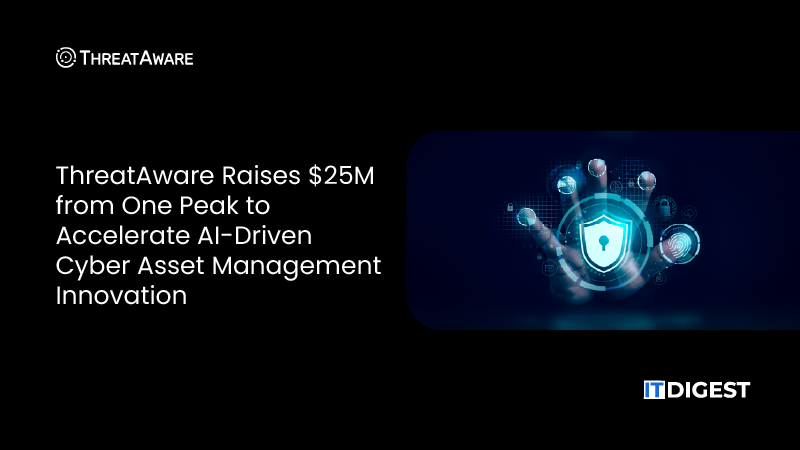Release marks foundational step towards integrating AI into networking environments by enabling an end-to-end AI pipeline creation, from dataset ingestion to model deployment
LF Networking (LFN), the facilitator of collaboration and operational excellence across open source networking projects announced the availability of Essedum Release 1.0, marking a major milestone in delivering a modular platform for AI-native networking applications.
Contributed by LFN premier member Infosys earlier this year, Essedum is an open source project focused on accelerating the integration of AI data, models, and applications for the open networking industry. The project provides a comprehensive framework that spans data ingestion, pipeline orchestration, and model deployment, giving developers and operators the tools they need to efficiently build AI-powered networking solutions.
This first release introduces foundational platform capabilities that support secure data connectivity, pipeline creation, model management, and multi-platform deployment across on-premise and cloud environments.
Built on seed code contributed by LFN Platinum Member Infosys, and integrating components from the LFN AI Task Force’s Data Sharing Platform and Thoth (Anuket), Essedum reflects LFN’s broader commitment to enabling domain-specific AI infrastructure through open source collaboration.
Also Read: FirstComm Unveils FusionOne: 5G SD-WAN to End Downtime
“The availability of Essedum’s first release marks a significant milestone for the open networking industry, bringing advanced AI-driven capabilities to the forefront of networking applications,” said Arpit Joshipura, general manager, Networking, Edge, and IoT at the Linux Foundation. “This release accelerates the integration of artificial intelligence into the fabric of our networks, enabling smarter, more agile systems that will drive innovation across industries. With its modular design and focus on real-world deployment needs, this platform will play a central role in enabling intelligent, autonomous networks.”
Essedum Release 1.0 introduces the following key features:
- Connections – Establish communication links between software systems to enable data exchange and integration across environments.
- Datasets – Ingest and manage data from a variety of sources, including storage buckets, MySQL databases, and REST APIs.
- Pipelines – Build and manage both training and inferencing pipelines for AI/ML workloads, including model fine-tuning and deployment.
- Models – Access and manage AI models from configured connections across platforms including on-premise servers, AWS SageMaker, Azure ML, and GCP Vertex AI.
- Endpoints – View and manage all connected endpoints, including REST APIs and model services, from a centralized interface.
- Adapters – Simplify integration with external services without needing to configure host details.
- Remote Executor – Run pipelines or programs on remote servers or virtual machines to optimize compute-intensive processing.
Planned future enhancements include Docker and Helm-based deployment automation, ingestion support for PDF and Excel files, secrets management, enhanced role-based access control, and expanded support for public cloud platforms.
Source: PRNewswire

































